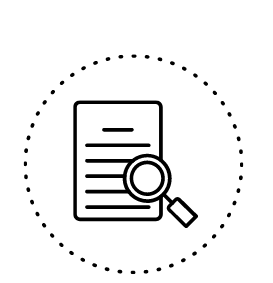In order to achieve the goals of the project, the LASTING Project has created 4 inter-linked aims. These aims focus on developing metrics and methods to estimate diet-related outcomes across the four pillars of sustainability and identifying evidence-based interventions to shift diets toward sustainability.
Aim 1

Develop a policy-relevant, integrated analytical approach to assess diet sustainability across contexts globally
To achieve this aim, we are working on a review to identify knowledge gaps and compile relevant datasets and metrics that link diet-related health, environment, economic and social outcomes.
This aim is being led by Dr. Patrick Webb
Aim 2

Assess public and expert understanding and priorities of sustainability metrics
To achieve this aim, we are assessing consumer understanding of the sustainability metrics identified in the review and comparing how consumers versus experts prioritize their importance. Areas of high concordance between consumers and experts will be identified as “sweet spots” for high feasibility, high impact marketplace interventions to influence demand.
This aim is being led by Dr. Sean Cash
Aim 3

Estimate the sustainability impacts of shifting to recommended diets and implementing population-based dietary interventions
To achieve this aim, we are combining Comparative Risk Assessment (CRA), environmental and social life cycle assessment (E-LCA and S-LCA), and cost modeling to estimate four pillar sustainability outcomes of shifting diets. We are starting with the U.S. as a case study but will design the model to be able to integrate data from around the world.
Integrated model development is being co-led by Dr. Fang Fang Zhang and Dr. Nicole Tichenor Blackstone.
S-LCA model and data development is being co-led by Dr. Edgar Rodríguez-Huerta, Dr. Bethany Jackson, Dr. Jess Sparks, and Dr. Nicole Tichenor Blackstone.
Aim 4

Establishing Friedman as a leader in evaluating sustainable transitions in global diets
To achieve this aim, we are leveraging existing strengths that the Friedman School to bring together a research agenda on sustainable diets that have to date largely been siloed. We are convening partners across Tufts University as well as other institutions to discuss the gaps and develop robust metrics, modelling, and high-impact communications to effect change.
This aim is being co-led by Dr. Nicole Tichenor Blackstone and Julia Matteson
NEWS AND CONVERSATION
For the latest news, use our hashtag #LASTING on Twitter and LinkedIn

